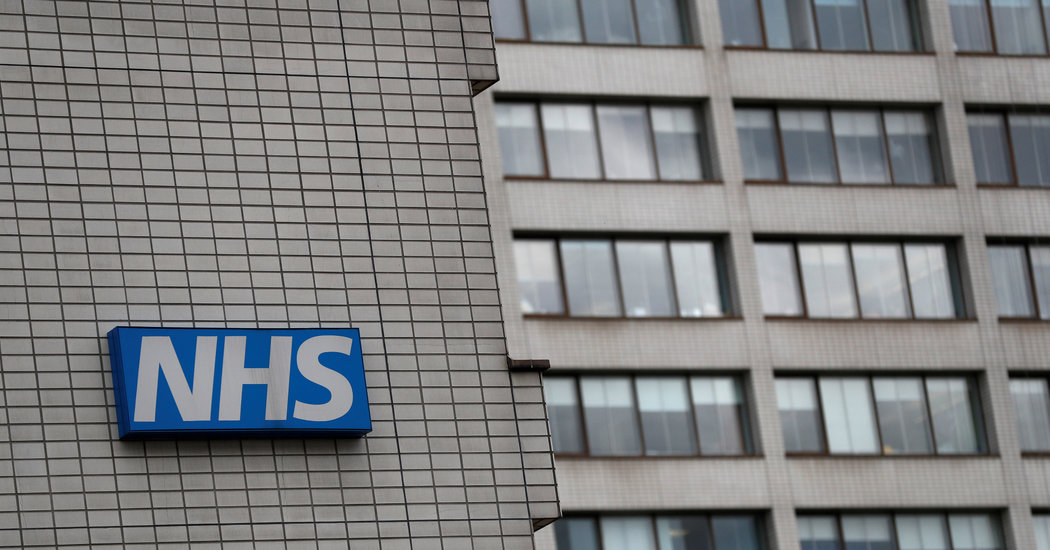
LONDON — Beginning this summer, women and girls at hospitals across England will be offered free tampons and other sanitary products, health officials announced on Sunday, in what advocates called “a big step forward” in the effort to end period poverty.
The decision by N.H.S. England comes less than a year after the British Medical Association noted that hospitals across Britain had “often poor and inconsistent” practices of offering sanitary products and called on the government to provide them for patients’ “health, dignity and well-being.”
Simon Stevens, the chief executive for N.H.S. England, said in a statement, “It’s fundamental that we give patients the best experience possible during what can be a stressful time of their life.” Providing sanitary products, he added, “can prevent unnecessary embarrassment and leave people to focus on their recovery.”
The free sanitary products will be offered in all medical settings in England overseen by the National Health Service.
In a statement, Tina Leslie, founder of Freedom4Girls, a charity that fights period poverty, said the move was “fantastic.”
“It is also breaking down barriers and reducing the stigma around periods,” she said. “When women go into hospital, it can be a worry to know what to do if you start your period. But now that worry is taken away as they know they will be catered for.”
A 2018 investigation by the British Medical Association found that while more than half of the responding hospitals said that they made sanitary products available to patients, “a significant number of trusts and health boards (42%) either do not supply sanitary products at all or indicated that they would only supply them in case of an emergency.”
The Freedom of Information study noted that many trusts and health boards offered free razors and shaving foam to patients.
On Sunday, the chief of the medical association said the agency was “delighted” by N.H.S. England’s decision, calling it a “big step forward.”
Ruth May, England’s chief nurse, said in a statement: “Periods are part of life, and too often we take it for granted that everyone has easy access to sanitary products.”
She added that the plan “will mean that the embarrassment, discomfort and anxiety finding yourself in hospital without adequate protection on your period will be a thing of the past.”
A spokeswoman for British Medical Association said on Sunday that the agency had surveyed hospitals across Britain, and expected that those in Scotland, Wales and Northern Ireland would eventually begin a similar policy.
Another survey found that one in four women and girls has had to miss work or school during their period because they are unable to buy sanitary products, N.H.S. England said.
The medical association spokeswoman said by phone that period poverty places enormous stress on girls and women.
Last year, Scotland became the first country to provide free sanitary products to students at schools, colleges and universities. The $6.4 million program would supply 395,000 students with essential sanitary products every month, beginning in September.
“In a country as rich as Scotland, it’s unacceptable that anyone should struggle to buy basic sanitary products,” Aileen Campbell, the communities secretary, said in a statement announcing the program last year.
Charities have also campaigned to abolish a 5 percent tax on sanitary products in Britain, but the government has been blocked from scrapping the tax because of European Union rules that classify sanitary items as “luxury, nonessential” products.

